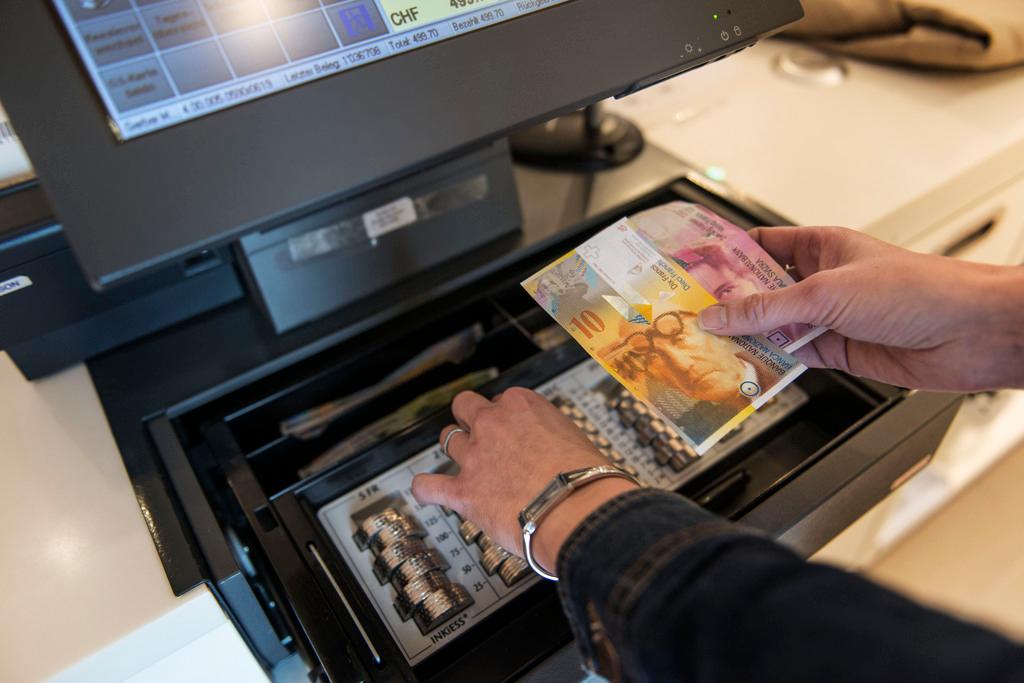Debt reduction to continue despite surplus

Swiss government coffers have once again ended the year much fuller than expected. Despite this windfall, critics are unhappy that the government is pushing ahead with its debt reduction strategy.
Switzerland posted a 2015 federal budget surplus of CHF2.34 billion ($2.36 billion), better than the expected CHF400 million, as negative interest rates prompted speedier tax payments and spending undershot projections.
Expenses came to CHF65.2 billion, CHF1.9 billion less than budgeted, while revenues rose by CHF54 million to CHF67.6 billion, the finance ministry said on Wednesday. Gross debt fell to CHF103.8 billion, or 16.2% of gross domestic product.
The ministry said it now expected a 2017 surplus of around CHF50 million, better than the deficit of CHF270 million it had projected last month, while the deficit was seen at around CHF500 million in 2018 and 2019.
“This doesn’t change one bit the fact that the situation is difficult,” Finance Minister Ueli Maurer said on Wednesday. “[The 2017 surplus] will only be achieved if parliament doesn’t agree to spend any more.”
However, this unexpected bonanza will not be shared over the coming years but rather spent on debt reduction, he explained.
Given expenditure of CHF70 billion, annual savings of CHF300 million were “rounding differences”, according to Maurer, a member of the conservative right Swiss People’s Party.
He stressed that the savings programme for 2017-2019 must be fully implemented.
The cabinet has proposed savings of CHF800 million in 2017 followed by around CHF1 billion a year. This programme is currently being discussed in parliament. Particularly concerned are aid organisations, education institutions and government staff.
Criticism
The announcement of the surprise surplus and the insistence on the savings programme received a mostly negative reception from politicians. Only the Swiss People’s Party said it was unavoidable.
The centre-right Christian Democratic Party wanted the extra money to be spent on other things and not just debt reduction. The centre-left Social Democratic Party called for the savings programme to be put back a year.
For the centre-right Radical Party, the surplus was “no reason to celebrate”. “The state of the government finances remains tight,” said Albert Vitali, adding that the planned programme “might not be enough on its own to fix the predicted deficit”.
The Christian Democrats highlighted the fact that, once again, government figures were better than predicted and demanded an explanation.
In the past ten years the cumulative surpluses have amounted to CHF27 billion while CHF200 million in losses were budgeted for in the overall period.
This “deceptive rhetoric on finances” was used to pursue a rightwing policy of austerity and to “dismantle state benefits”, said Social Democrat André Maire.

In compliance with the JTI standards
More: SWI swissinfo.ch certified by the Journalism Trust Initiative


You can find an overview of ongoing debates with our journalists here. Please join us!
If you want to start a conversation about a topic raised in this article or want to report factual errors, email us at english@swissinfo.ch.